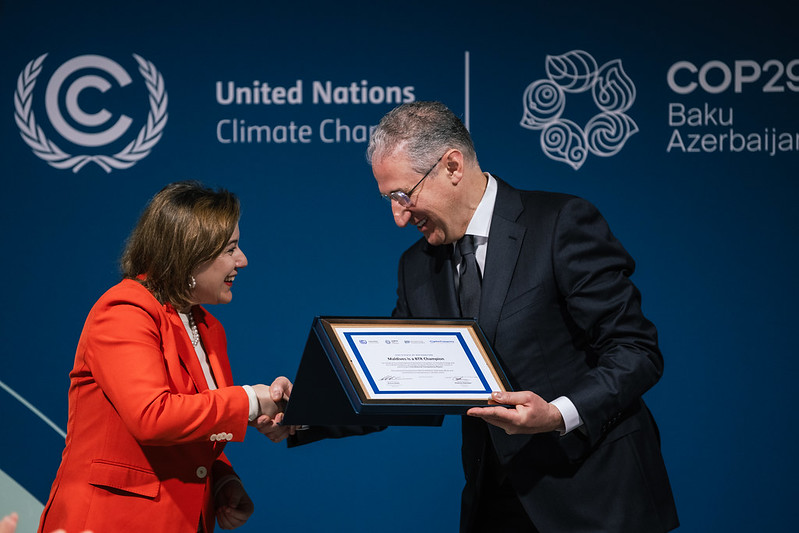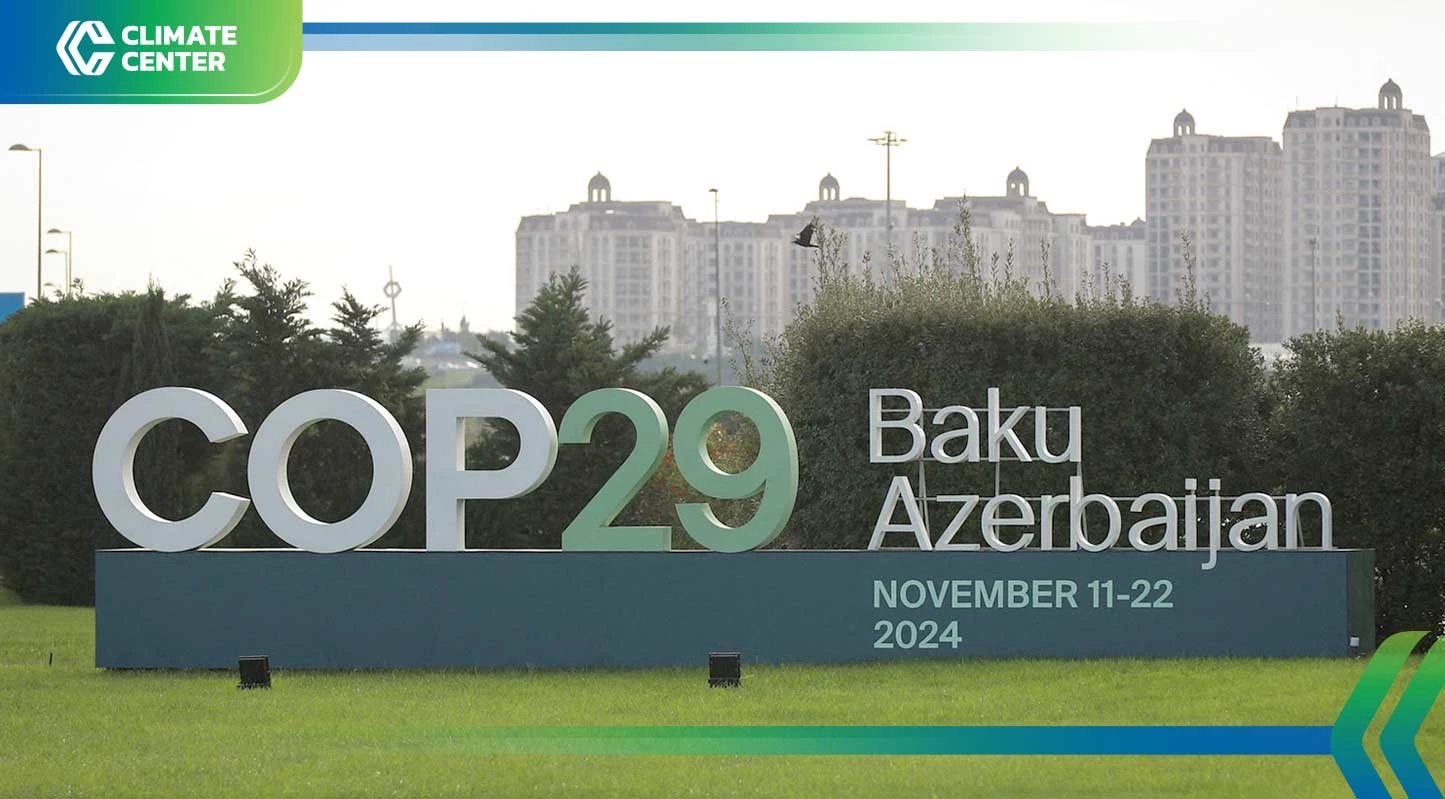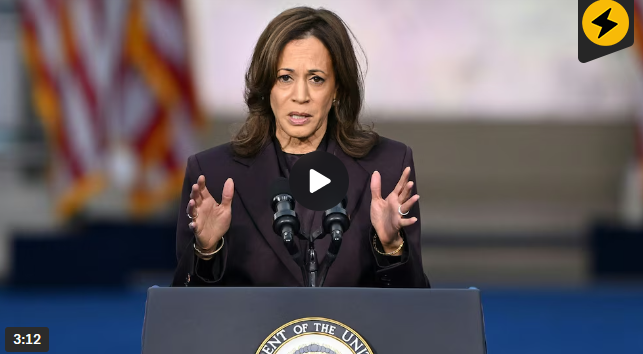Ghana is opened and ready for business – Finance Minister
Ghana’s Finance Minister, Ken Ofori-Atta last Friday told Japanese businesses that, the current stable macro and political environment is an opportune time for them to launch into the West African region using Ghana as the hub. “We are now combining politically stable environment with fiscal consolidation and macro stability and we would like, therefore, to get our traditional friends to be part of this exciting journey going forward”.
He said the West African sub-region has a population of 350 million, which is expected to reach 500 million in 20 years and a 1.5 trillion GDP, likely to double in 20 years, therefore, Ghana was an ideal centre for investors to pivot to other countries. “The intention is for Ghana to become the regional maritime hub, regional financial services hub, a petroleum hub, and attract all sorts of multinational headquarters into our country”, he explained.
Ken Ofori-Atta said these when he made a pitch for Ghana as an ideal investor destination during a seminar attended by over 150 leading Japanese businesses held in Tokyo at the end of a week-long visit to Japan. The seminar organised by the Ghana investment Promotion Centre, the Ghana Embassy in Tokyo and the Japan External Trade organisation (JETRO) was aimed at exposing Japanese business community to potential investment opportunities in Ghana.
Ghanaian companies and Japanese companies operating in Ghana, as well as the Government delegation led by Ken Ofori-Atta, on a week’s non deal investor road show to Japan were also present. In a presentation, Charles Adu Boahen, Deputy Minister for Finance highlighted investment opportunities in sectors such as financial services, ICT, Fintech, energy, transport and agribusiness etc.
He noted that Fintech was a key growth area where in 2017 alone, there were about 34billion worth of mobile money transactions, which is about 70% of Ghana’s GDP of 45 billion.
“It has really become the mode for transactions and transfers and payment, we sort of leap frogged the credit card era and moved straight to mobile payments and mobile money solutions. We have about 10million mobile money customers and 38million mobile subscribers. These are the areas Japanese firms are good at in terms of technology”
A Deputy Minister for Trade, Kingsley Carlos Ahenkorah, spoke on the Ten Point Transformational Agenda, which included the government’s plan for industrialising all 264 districts in the country under the 1D1F programme.
He said the among other things, this programme aimed at creating jobs, enhancing resource potential in every district, creating import substitutes and producing products for exports, as well as curbing rural urban migration.
The Deputy Trade Minister said the government intend to make these private sector led, saying “it is not a business for government to pump in money, however if you want to secure your investment and require government involvement, government is prepared to take an equity in your business.”
The Director, Investor Services at the GIPC, Edward B. Ashong-Lartey, gave an overview of the legal and regulatory framework for investors.
Some of the incentives include, full repatriation of dividends and net profit attributed to investment and transfer of funds in respect of servicing of foreign loans.
Earlier in a welcoming address, Dr. Katsumi Hirano, Executive Vice President of JETRO said Japan/Ghana relationship had been very cordial over the years and urged government to take steps to conclude and sign the Bilateral Investment Treaty to open the way for Japanese companies to comfortably invest in Ghana.
In attendance were the Minister for Roads and Highways, Akwasi Amoako-Atta, Deputy Minister for Finance, Charles Adu Boahen; Deputy Governor of Bank of Ghana, Dr. Maxwell Opoku Afari, Deputy Minister for Health, Kingsley Aboagye Gyedu, Deputy Minister for Information, Kojo Oppong Nkrumah and Deputy Minister for Trade, Carlos Ahenkorah.
Also present were officials from the Ghana Embassy led by Mrs. Abigail Kwashi, the Charge d’Affaires and Board Chair of Ghana Infrastructure Investment Fund, Professor Christopher Ameyaw-Akumfi.








